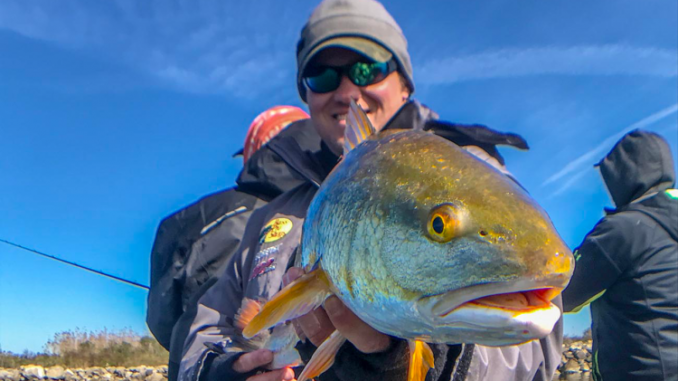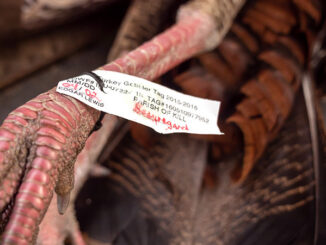
Get out of your comfort zone to become a better angler
If you want long-term success, you can’t be a “one-trick pony” — someone who can only catch fish one way.
Catching fish using a single method can sometimes be easy, considering our inshore fishing is so good. Quite literally, you can do something completely wrong and still catch — or maybe even limit out.
But what happens when conditions inevitably change?
Fishing will still be good, but new conditions cause fish to bite in a different way, if not in a different spot altogether.
Then your go-to technique, whether it’s a popping cork, Carolina rig or whatever — won’t cut the mustard anymore.
On those days, you’ll return to the dock with nothing to show while others are cleaning fish — and then you might wonder what you did wrong.
Ditch the old-timer knowledge this one time
I know it’s conventional wisdom to “use what you’re comfortable with,” but I urge you to try something you are uncomfortable with.
The idea is to step outside of your comfort zone to grow as an angler by gaining newfound confidence from catching fish using a different technique.
Obvious examples are lures, but also different types of tackle, styles of fishing and boat positioning.
I can name a whole laundry, list but here are a handful I urge you to explore:
Using a drift sock.
Look at your sonar when catching fish in deep water.
Try a baitcaster for jigging.
Leave a spot as soon as you catch five fish to find another one.
Plan a fishing trip for a completely new place.
Learning these things, even though they made me uncomfortable and I felt weird doing them, made me a phenomenally better angler.
And you don’t have to do these exact things, they are just ideas. What I really want is for you to finish this article with a better angler’s mindset, prepared to catch fish trying something new.
If you do, I promise you’ll enjoy inshore fishing in a whole new way.
Editor’s Note: Devin Denman is an avid inshore fisherman who writes the Louisiana Fishing Blog. To read more of his articles, visit lafishblog.com.


